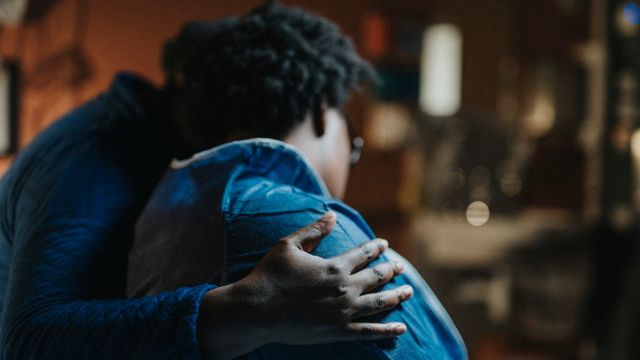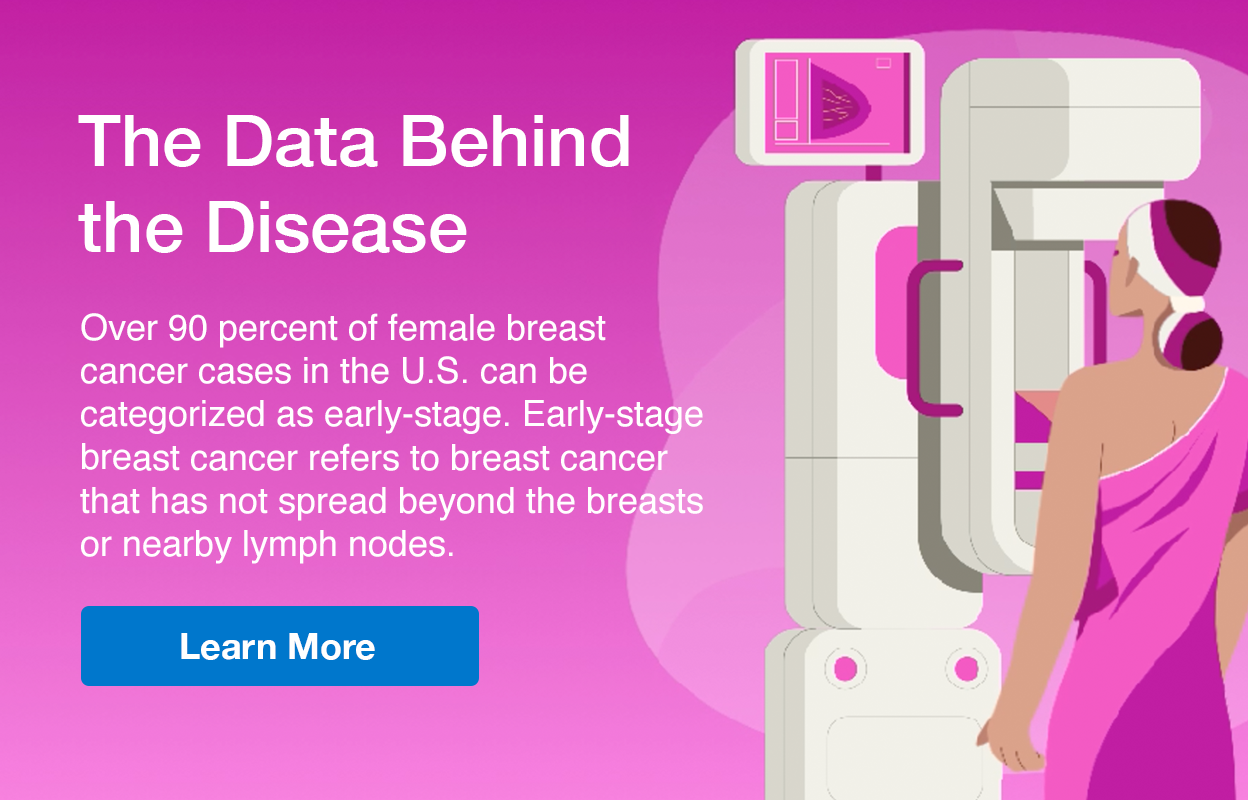Updated on May 27, 2024
When you are living with early-stage breast cancer, friends and family can be an important source of support. However, telling friends and family that you’ve been diagnosed with cancer can be challenging. You need to decide how much you want to share and be prepared for how a person may react to this news.
While everyone’s experience with breast cancer is different, the following strategies may help you feel more prepared when it’s time to tell someone about your diagnosis.
Give yourself the time you need
Learning you have breast cancer is an emotional experience, and it’s normal to feel overwhelmed. It’s also normal to feel sad, angry, distressed, frustrated, numb, or any other emotion. It can take time before you understand your own feelings about the diagnosis., and it may take a few days or weeks before you are ready to have a conversation about a diagnosis with people outside of your immediate circle.
Having some time to process your own response to the diagnosis can also give you room to decide who to tell, where to tell them, and how much detail you want to share.
Talk to your healthcare team
Breast cancer is one of the most common cancers—over 300,000 people in the United States are diagnosed in a given year. While living with breast cancer is different for everyone, the healthcare providers who treat breast cancer have experience in guiding people through the process of diagnosis and treatment.
You can ask your healthcare providers if they have any advice on talking to other people about your diagnosis. You can also ask about speaking with an oncology social worker. Oncology social workers are healthcare professionals who help people with cancer navigate the many different aspects of living with cancer—they can provide counseling, help you access resources, and answer questions about your diagnosis.
You can also ask your healthcare team about support groups for people with breast cancer. Talking to others who have their own experiences can be a valuable source of support and information, and it may help guide you when it’s time to talk to a friend or loved one about your diagnosis.
Be ready for questions
Before sharing your diagnosis with someone, decide where you want to have the conversation and how much detail you want to provide. Also decide what you do not want to discuss. It’s normal to feel more comfortable sharing certain details with some people and not others.
Be prepared to answer questions, including questions about diagnosis and treatment. This is another area where talking with your healthcare providers is helpful. It can be difficult to talk to someone about your diagnosis if you still have unanswered questions yourself.
Also be prepared on how you want to respond if a person offers help. While it can be comforting to know you have support from others, you may not know what to say when someone asks what they can do. Spend some time thinking about how you might respond. And if you want or need help from someone, think about how you will ask.
It can help to have written notes to refer to during a conversation. It can also help to have websites or other sources of information to direct people to where they can learn more about the type of cancer you have—this can help you avoid having to explain the same things over and over again, which can take a lot of emotional energy.
Be ready for people to say the wrong thing
Learning a loved one has cancer is a lot to process, and most people will not be prepared for such a conversation. Even when someone says something that seems insensitive or unhelpful, try to assume the best intentions—but also be protective of your own feelings and emotions. Be upfront about what you need from someone. If you just need them to listen, ask them to listen without offering advice.






